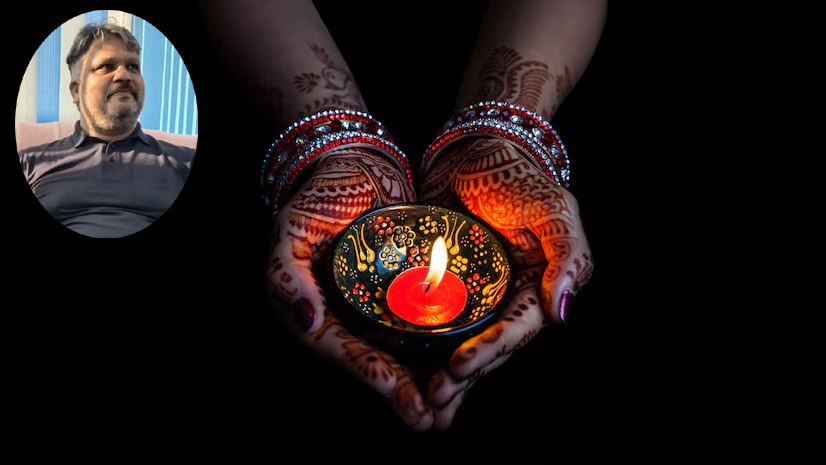
Diwali marks the triumph of light over darkness, good over evil, and knowledge over ignorance.
Significance and teachings of one of the most cherished festivals in our culture—Diwali, also known as the Festival of Lights. Diwali marks the triumph of light over darkness, good over evil, and knowledge over ignorance.
Significance and teachings of one of the most cherished festivals in our culture—Diwali, also known as the Festival of Lights. Diwali marks the triumph of light over darkness, good over evil, and knowledge over ignorance.
The festival has deep-rooted historical and mythological significance. According to Hindu tradition, Diwali celebrates the return of Lord Rama to Ayodhya after defeating the demon king Ravana. The people of Ayodhya lit lamps to welcome him, symbolizing the victory of righteousness. Similarly, for Jains, Diwali commemorates Lord Mahavira’s attainment of Nirvana, while Sikhs celebrate it as the day Guru Hargobind Ji was released from imprisonment. In addition, Diwali signifies the end of the harvest season, celebrating abundance and gratitude for the year’s bounty.
Diwali is not just a religious observance; it is a time for family gatherings, exchanging gifts, and sharing sweets. Homes are cleaned and decorated with rangoli, and diyas (oil lamps) are lit to ward off negativity and invite positivity. Fireworks light up the night sky, symbolizing joy and celebration.
Moreover, Diwali teaches us valuable life lessons. It reminds us to dispel the darkness within ourselves by fostering love, compassion, and understanding. It encourages us to share our blessings with those in need and to cultivate an attitude of gratitude.
In today's fast-paced world, let us not forget the essence of Diwali. It is a reminder to pause, reflect, and connect with our loved ones. Let us celebrate the festival by spreading kindness, helping others, and nurturing hope.
As we light our diyas this Diwali, let us illuminate not just our homes but also the hearts of those around us. May the spirit of Diwali bring peace, prosperity, and happiness to all.
Lessons from Lord Ram's Life
As we celebrate Diwali, we must leave behind our old evils and embrace the teachings that Lord Ram’s life offers. His journey teaches us the importance of integrity, loyalty, and righteousness. By reflecting on his struggles and triumphs, we can strive to incorporate these values into our own lives. Diwali encourages us to shed our negative traits, forgive past grievances, and start anew, illuminating our hearts with hope and positivity.
The Importance of Worshiping Goddess Lakshmi
Another vital aspect of Diwali is the worship of Goddess Lakshmi, the deity of wealth, prosperity, and abundance. On this auspicious occasion, families clean their homes, decorate them with rangoli, and light diyas to invite Lakshmi into their lives. The presence of the goddess is believed to bring fortune and success, making it a time for not just material but also spiritual wealth.
Worshiping Goddess Lakshmi serves as a reminder of the importance of gratitude and generosity. As we seek her blessings, we are encouraged to share our wealth and resources with others, fostering a sense of community and compassion.
Diwali is a festival that encapsulates profound significance, rich teachings, and timeless values. It is a celebration of light, love, and community, urging us to reflect on our lives and embrace the teachings of figures like Lord Rama and Goddess Lakshmi. As we partake in the festivities, let us remember to leave behind our old evils, uphold righteousness, and foster a spirit of generosity and unity. This Diwali, may the lights illuminate our paths, guiding us towards a future filled with hope, joy, and compassion.














